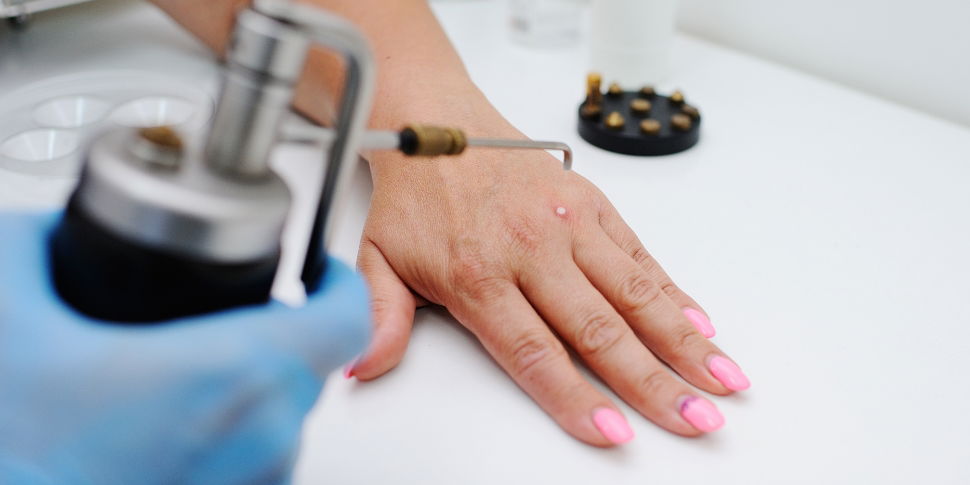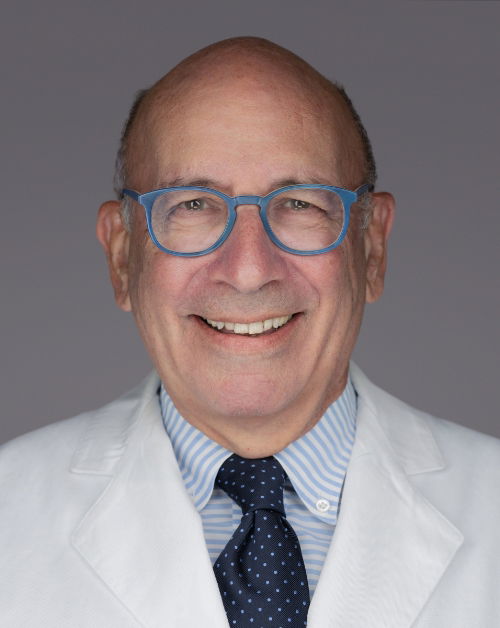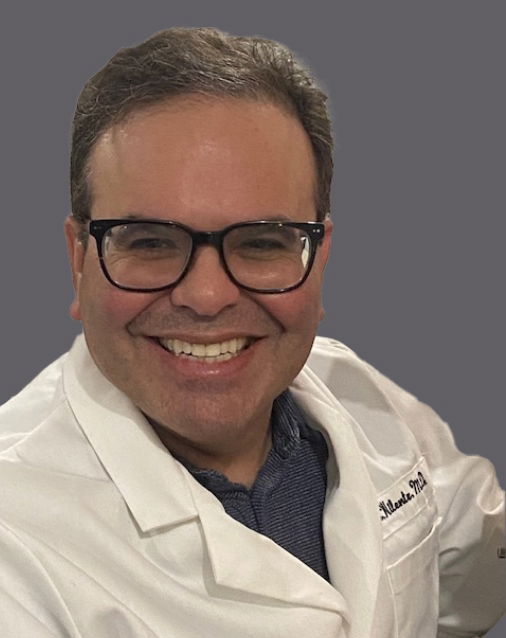When you notice a rough, skin-colored bump on your body, it’s normal to think of it as a wart. Trauma, injury, or viruses can cause warts, making them quite common. In some cases, what appear to be warts are actually small lesions caused by molluscum contagiosum, an infection rooted in the poxvirus. At Feinstein Dermatology, our board-certified specialists can fully assess the abnormalities on your skin and recommend an effective course of treatment. We proudly treat warts and molluscum contagiosum in the Delray Beach, FL area.

What Is It?
You may not have heard of molluscum contagiosum, although it is, in fact, a very common infection. It causes a very mild, usually benign form of skin disease, including tiny wart-like lesions that can appear anywhere on your body. In most cases, the infection resolves within a year, but some cases of molluscum contagiosum can last for four years or more.
Treatment Options
The first step toward treatment is a consultation, allowing us a chance to evaluate your skin and determine the underlying cause of your warts or lesions. The most common treatment methods for warts include oral, liquid nitrogen, and topical prescription medications. In extreme cases, you may need excision surgery to remove the warts. Similarly, you can treat molluscum contagiosum with oral and topical medications, and in some cases, excision. It’s important to note that while determining the exact causes of warts might not always be feasible, our experience and skill ensure successful removal in almost every case.
Tips for Managing
While you can’t always prevent warts and molluscum contagiosum, regularly and thoroughly washing your hands can go a long way. If warts or lesions appear, it’s important to avoid picking or scratching at them as much as possible. We also recommend having any new or abnormal growth looked at by a trained dermatologist to ensure it’s benign.
Meet Our Board-Certified Dermatology Team
At Feinstein Dermatology in Delray Beach, FL, our commitment is patient satisfaction and loyalty. We are defining the new standard in customer experience and outcomes, striving to lead by example for others to follow. With a dedicated patient base of over thirty-five thousand (35,000) individuals who have entrusted us with their dermatological and cosmetic needs, we have earned our reputation as a leading provider in the field.
Our team comprises dedicated professionals, including board-certified dermatologists, a board-certified Mohs surgeon, and a board-certified plastic and reconstructive surgeon. We invite you to experience the exceptional care and dedication that defines Feinstein Dermatology.
LEADERS IN DERMATOLOGY & COSMETICS
Meet Your Providers
Wart FAQs
Feel Good About Your Skin
At Feinstein Dermatology & Cosmetic Surgery, we’re more than just skincare experts in the heart of the Palm Beaches – we’re your partners in feeling good about your skin, for life. Our commitment is to help you embrace your skin’s natural beauty and maintain a healthy, confident glow. We understand that your skin reflects your well-being, and we’re dedicated to making you feel comfortable in your own skin. Don’t wait to take that first step towards your skincare journey – schedule a consultation at our office in Delray Beach, FL today at (561) 498-4407, and let us be the dermatologists who are there for you, every step of the way.











